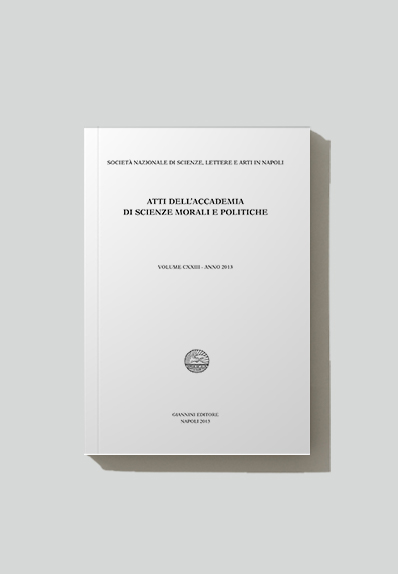Descrizione
For many years now, television news broadcasts and newspapers throughout Europe and the world have flooded us with stories of grave losses of human lives at sea, particularly in the Mediterranean. It is a startling consideration that we can become sated, and hardened even to the most catastrophic news stories of shipwrecks which involve children, women, young and elderly migrants fleeing from countries at their last gasp as a consequence of war, poverty, or absence of democratic values and principles.
Those of us who live in the west, and particularly in Europe, who in the last decades have seen a marked increase in the number of asylum seekers and irregular migrants, are at risk of growing accustomed to living with the reality of this tragedy which repeats itself daily in the Mediterranean. But the migration continues relentlessly.
Two great questions hang imperatively over these events: the first regards the relationship of the western countries, and in particular the countries of the European Union, to the phenomenon of migration, which is constantly on the increase, but apparently unstoppable in the context of the international stage today. Second, greater thought must be given to marine areas, insofar as these have become the theatre for a veritable international extermination of peoples coming from the most tried continents and countries.
These two questions, in many cases intersecting and overlapping, call for an analysis from a legal standpoint, taking into consideration the constant updating of applicable norms, relevant national and international practice, and the ceaseless actions, both international and regional, which attempt to face situations of emergency, as well as to find longer term solutions to the problems of migration.
The international Conference which was held in Macedonia on 6th October 2015, excellently organized by professor Ana Nikodinovska Krstevska and professor Borka Tushevska Gavrilovikj, in the context of the Cost Action IS1105 Marsafenet, provided an important opportunity to discuss these questions, not only among academics, but also with stakeholders directly involved in the reception of migrants, or in the rescue of human life at sea. Furthermore, the participation of NGOs and persons from Macedonia dealing with overland migration from Asia toward Europe enriched the discussion with information and points of view which proved most useful for the piecing together of legal problems arising from migration, from not only an international, but also a national and regional perspective.
The present volume comprises the written version of some of the interventions presented at the Conference. They touch upon the salient points of the discussions, and regard the comparison of prospects within international law and the regional approaches recently adopted. Their aim is to make a contribution to the legal literature currently available, and to offer many points for reflection, from the complexity of the legal picture on the subject of migration as a whole, and the responsibility of states in the matter of rescue at sea, to the main questions relating to problems of security inherent in migration in the Balkans. Many other aspects are also considered beyond the legal, arising from this, including an analysis of some specific and critical humanitarian points intrinsic to the phenomenon of migration, and in particular of the current emergency of asylum seeking refugees.
The organizers of the Conference, the editors of this volume, have not only achieved a good result from the scientific point of view, but have also allowed the inclusion, alongside the international legal analysis, of some salient points from other disciplines and non-academic approaches, which have resulted in a solid and ample contribution to the treatment of the subject.
Gemma Andreone






Recensioni
Ancora non ci sono recensioni.